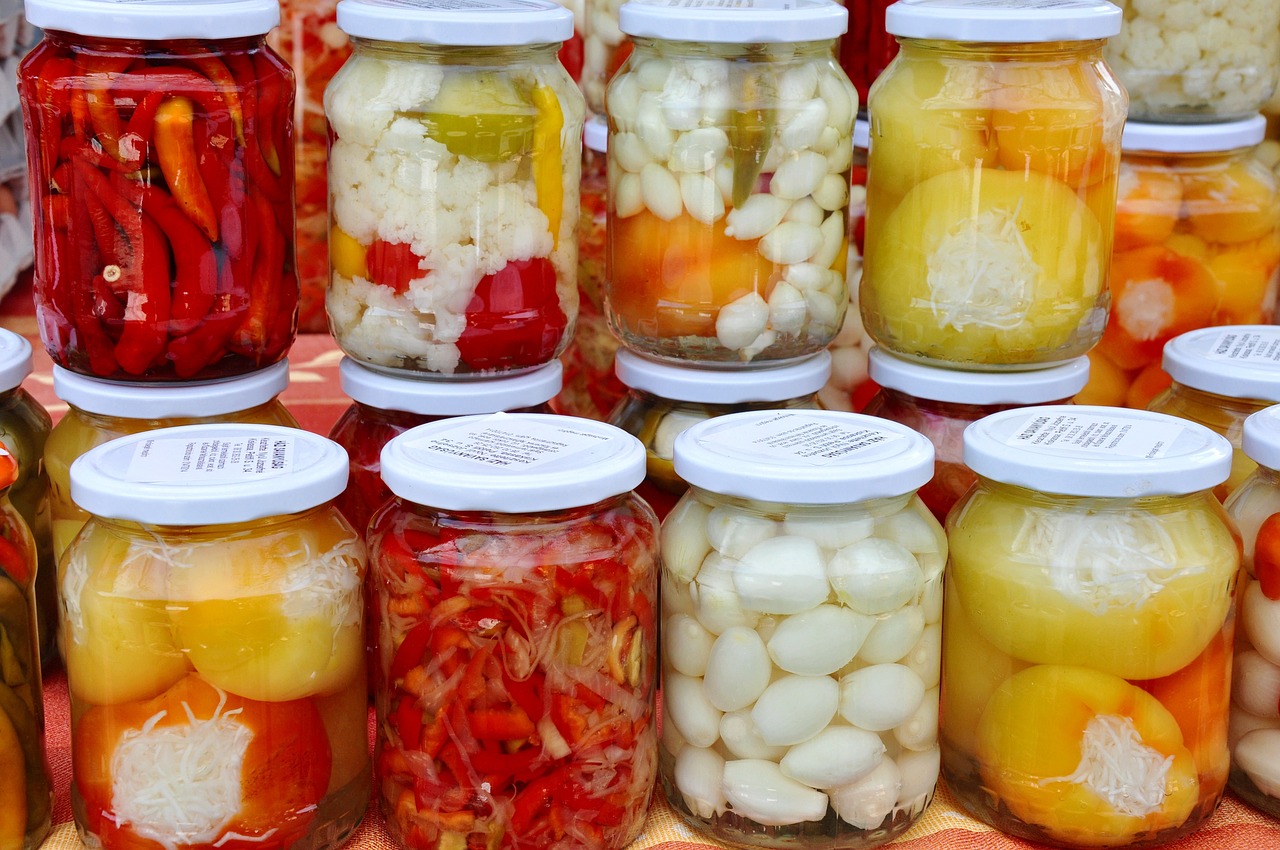The Future of Food Service in Smart Cities: Betbook 247 com, Radhe exchange id, My laser 247 login
betbook 247 com, radhe exchange id, my laser 247 login: Smart cities are rapidly evolving, with technology playing a significant role in shaping their future. As these cities become more interconnected and efficient, it’s no surprise that the food service industry is also being revolutionized. From automated delivery services to smart kitchens, the future of food service in smart cities is fast approaching.
In this article, we will explore the exciting advancements in food service technology, how they are impacting the industry, and what we can expect to see in the near future.
The Rise of Automated Delivery Services
One of the most noticeable changes in the food service industry in smart cities is the rise of automated delivery services. Companies like Starship Technologies and Nuro are developing autonomous robots and vehicles that can deliver food directly to customers’ doorsteps. These services are not only convenient but also environmentally friendly, reducing the need for traditional delivery vehicles that contribute to pollution.
With the increasing demand for online food ordering, these automated delivery services are becoming more prevalent in smart cities. Customers can now order food from their favorite restaurants and have it delivered within minutes, thanks to these innovative technologies.
Smart Kitchens for Efficient Cooking
Smart kitchens are another exciting development in the food service industry. These kitchens are equipped with cutting-edge technology, including smart appliances, connected devices, and AI-powered cooking assistants. By streamlining cooking processes and reducing waste, smart kitchens are making food preparation more efficient and cost-effective.
Restaurants in smart cities are increasingly adopting smart kitchen technology to improve their operations. From inventory management to recipe optimization, these tools are helping chefs and kitchen staff work more efficiently and deliver high-quality dishes to customers.
Blockchain for Transparent Supply Chains
Transparency in the food supply chain is essential for ensuring food safety and quality. Blockchain technology is playing a crucial role in creating transparent and traceable supply chains in the food service industry. By recording every step of the supply chain on a secure digital ledger, blockchain enables restaurants and consumers to track the journey of their food from farm to fork.
In smart cities, blockchain technology is being used to verify the authenticity of food products, reduce food fraud, and improve sustainability practices. By enabling real-time tracking and monitoring, blockchain is revolutionizing how food is sourced, produced, and distributed in urban environments.
Augmented Reality Menus for Interactive Dining
Augmented reality (AR) is transforming the dining experience in smart cities. AR menus allow customers to view interactive digital overlays of menu items on their smartphones or AR glasses. By providing detailed information about dishes, including ingredients, nutritional value, and allergens, AR menus help customers make informed choices when ordering food.
Restaurants in smart cities are leveraging AR technology to enhance customer engagement and create memorable dining experiences. By incorporating AR menus into their service offerings, restaurants can attract tech-savvy customers and differentiate themselves in a competitive market.
Robotic Chefs for Consistent Quality
Robotic chefs are becoming more common in smart city restaurants, thanks to advancements in automation technology. These robots are capable of preparing a wide range of dishes with precision and consistency, ensuring that every meal meets the highest quality standards. By taking over repetitive and time-consuming tasks, robotic chefs free up human chefs to focus on creativity and innovation.
In smart cities, robotic chefs are revolutionizing the food service industry by improving efficiency, reducing labor costs, and enhancing food quality. Restaurants that adopt this technology can deliver consistent and delicious dishes to their customers, leading to increased customer satisfaction and loyalty.
Sustainability Initiatives for Eco-Friendly Practices
Sustainability is a top priority in smart cities, and the food service industry is no exception. Restaurants are implementing eco-friendly practices to reduce waste, conserve energy, and minimize their environmental impact. From using biodegradable packaging to sourcing locally grown ingredients, restaurants in smart cities are embracing sustainability initiatives to create a greener and more sustainable future.
By adopting sustainable practices, restaurants can not only reduce their carbon footprint but also attract environmentally conscious customers. Consumers are increasingly seeking out restaurants that prioritize sustainability, making it a smart business decision for food service establishments in smart cities to go green.
Conclusion
The future of food service in smart cities is bright, thanks to technology-driven innovations that are transforming the industry. From automated delivery services to smart kitchens, blockchain-enabled supply chains to augmented reality menus, the possibilities are endless. As smart cities continue to evolve, so too will the food service industry, creating new opportunities for restaurants to thrive in a digital and interconnected world.
FAQs
1. How are automated delivery services changing the food service industry in smart cities?
Automated delivery services are revolutionizing the way food is delivered to customers in smart cities. By using autonomous robots and vehicles, these services are making food delivery more convenient, efficient, and environmentally friendly.
2. What role does blockchain technology play in creating transparent supply chains in the food service industry?
Blockchain technology enables restaurants and consumers to track the journey of food products from farm to fork. By recording every step of the supply chain on a secure digital ledger, blockchain ensures transparency and traceability, helping to improve food safety and quality.
3. How are smart kitchens improving food preparation processes in restaurants?
Smart kitchens are equipped with cutting-edge technology, including smart appliances, connected devices, and AI-powered cooking assistants. By streamlining cooking processes and reducing waste, smart kitchens are making food preparation more efficient and cost-effective for restaurants in smart cities.







